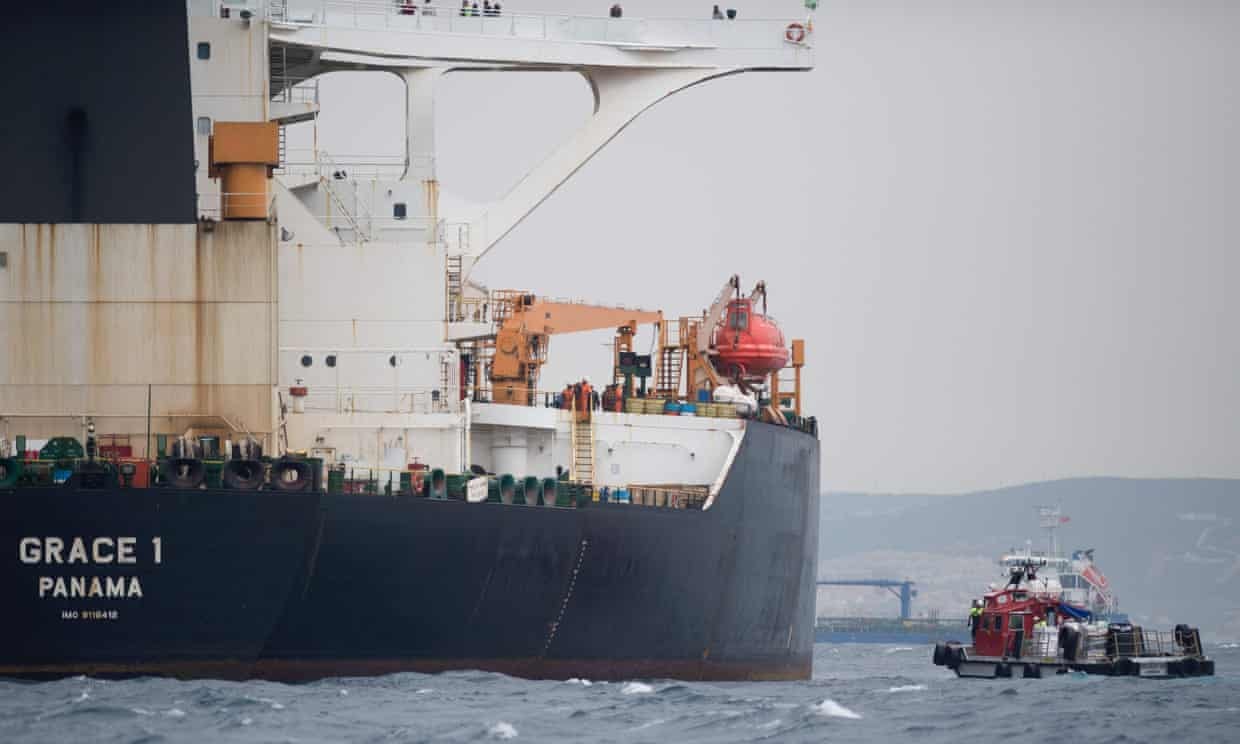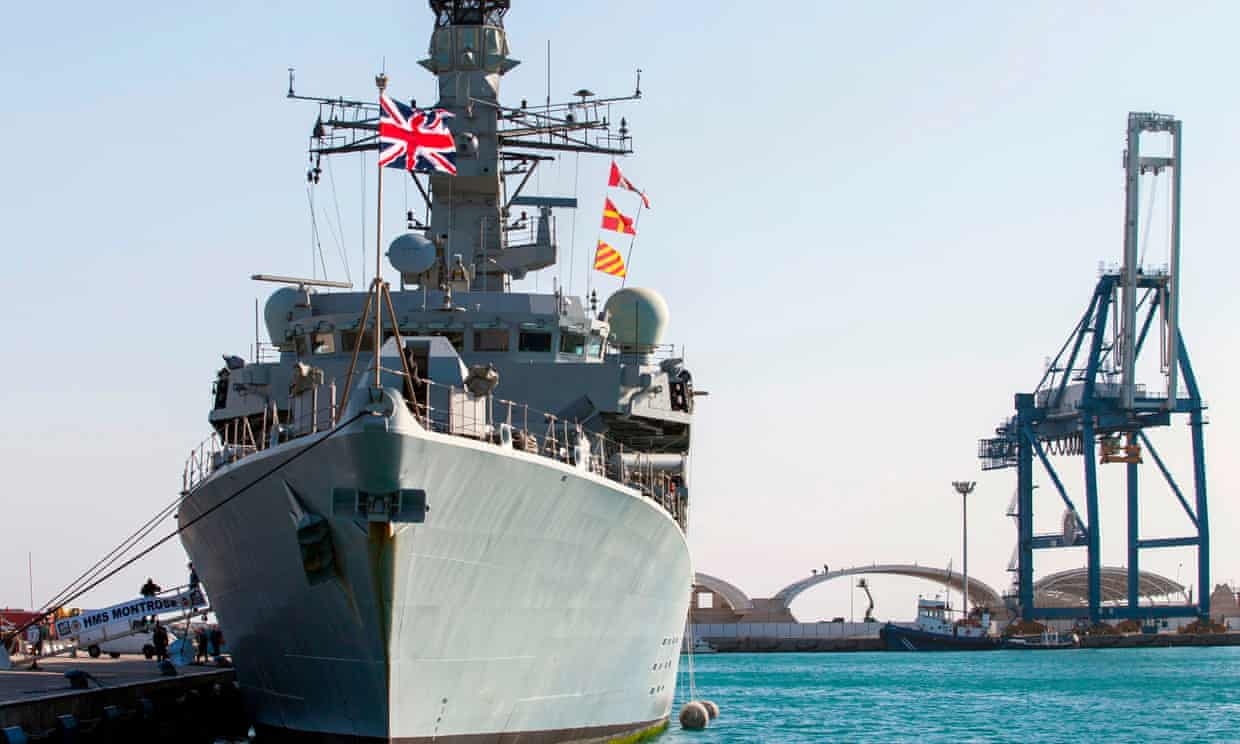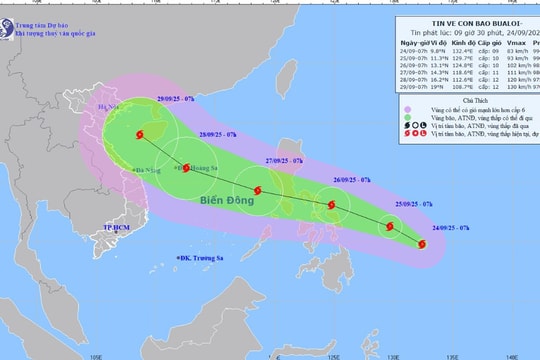Unable to fight a close game, Britain proactively cools tensions with Iran
(Baonghean) - British Foreign Secretary Jeremy Hunt has announced his readiness to release the Iranian ship Grace 1, which Britain had previously seized in coordination with Gibraltar, with conditions attached.
This is considered a move to proactively cool down tensions between the UK and Iran, and is also considered a wise choice to proactively get out of the "mess" related to the US and Iran.
He can't "fight to the death"
After reports emerged that three Iranian vessels attempted to seize the British oil tanker Heritage in the Strait of Hormuz - although Iran strongly denied the accusation - British Foreign Secretary Jeremy Hunt called on both sides to act with restraint because Britain did not want to escalate tensions with Iran.
In the latest announcement, Mr. Jeremy Hunt proactively proposed to release the Iranian ship Grace 1 that the UK had previously seized in coordination with Gibraltar to demonstrate the UK's goodwill in resolving the tense situation with Iran.
 |
| British Foreign Secretary Jeremy Hunt proposed releasing Iran's Grace 1 ship. Photo: Reuters |
Analysts say that Mr. Jeremy Hunt's decision to release the ship if Iran guarantees that Grace 1 does not violate European Union (EU) bans related to Syria is also very wise.
Firstly, provided that Grace 1 does not violate the EU ban, it will almost certainly be released, because Iran has always denied from the beginning that Grace 1 was carrying oil to Syria.
Second, by emphasizing that the UK’s interest is in Syria rather than the origin of Iranian oil, Jeremy Hunt is trying to establish a difference between the UK and US policy approaches, as the UK understands that Iran will not accept being subject to EU sanctions on Syria. This statement also shows the UK’s desire to stay away from the recent spiral of tension in the Gulf region with the two main “players” being the US and Iran.
Before the British Foreign Secretary called his Iranian counterpart Javad Zarif, the UK announced that it would send a second warship, HMS Duncan, to the Gulf to join the HMS Montrose in ensuring freedom of navigation in the area. The UK's announcement added fuel to the fire, making public opinion worry about the possibility of a military conflict between the UK and Iran.
However, the conciliatory move of Foreign Secretary Jeremy Hunt later showed that the British statement was just a "move" to preserve its image.
According to analysts, in reality, Britain does not have enough potential to "play a close game" with Iran in this area where Iran has complete control. Iran has warned that the seizure of the British ship is only a matter of time if Britain does not immediately release the Grace 1.
 |
| Iranian tanker Grace 1 was seized on charges of transporting oil to Syria. Photo: AFP |
The fact that the British ship Heritage was surrounded by Iranian ships, and was only rescued after the HMS Montrose appeared - although there has been no official confirmation - shows that Iran "talks and walks".
Meanwhile, British officials have admitted that they do not have enough resources to protect all of the approximately 50 large oil tankers operating in this area.
British oil tankers in the Gulf will be extremely insecure if tensions with Iran are not resolved, and the UK's raising of the alert level to the highest level for oil tankers in the Gulf shows that being seized by Iranian ships is a real risk.
“Between Two Streams of Water”
Since the UK decided to support Gibraltar in seizing the Iranian tanker Grace 1, there have been mixed opinions within the UK about the need to take this step, not only because of concerns about Iran's retaliation against British oil tankers, but also because of the impact on the UK's role in working with partners to maintain the Iran nuclear deal.
Although British officials have insisted there is no link between ensuring freedom of navigation and protecting the nuclear deal signed between Iran and the P5+1 group, the reality is that the two issues are closely linked.
Any action against Iran in the Gulf will be met with an immediate and harsh response from Iran, with the aim of pressuring all parties to maintain the Iran nuclear deal in a way that ensures the interests of this country. And Britain is certainly no exception.
By seizing the Iranian oil tanker Grace 1, Britain wants to project the image of a responsible country in upholding international law, including complying with EU sanctions imposed on Syria.
However, some experts also realized that the UK's move was under great pressure from the US - a country that is trying to strangle Iran's economy with sanctions targeting its oil industry.
Britain's compliance with US calculations may stem from its own fragility, from its fear of isolation while in the process of severing its membership of the EU.
This assessment is even more valid if we consider the fact that the seizure of the Grace 1 has very little effect on Syria's oil supply, because the country can completely import oil from Russia - a country that both the US and Europe must consider very carefully before "touching".
 |
| British destroyer HMS Montrose on duty in the Gulf. Photo: Getty |
Meanwhile, seizing the Iranian ship first could leave Britain locked in a protracted legal battle, while British tankers would fall victim to Iranian retaliation.
Although Britain is expected to hold high-level talks with the US on plans to ensure safety and freedom of navigation in the Gulf, Britain is concerned that differences in policy towards Iran will see countries that do not seek a confrontation with Iran drawn into the vortex of tensions - including Britain.
Once Britain and Iran are pushed into an uncompromising confrontation, the chances of Britain joining the effort to maintain the Iran nuclear deal will be almost zero. By then, the image of a frontline country in maintaining sanctions on Syria will not be enough to “save” Britain from the scandal of contributing to the destruction of the historic Iran nuclear deal.
Therefore, proactively proposing to release the Iranian oil tanker is considered a wise choice by Britain to get out of the "mess" they got into after a careless calculation.






.jpg)

